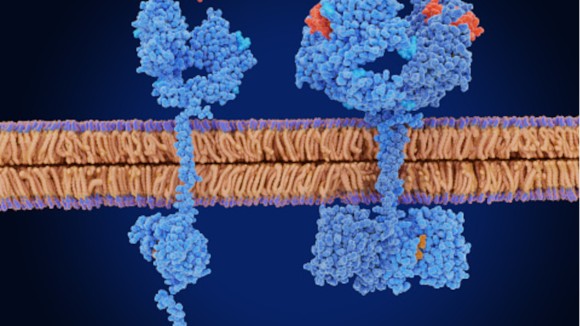Submitting a paper for consideration
To submit your manuscript for consideration at Scientific Reports as part of this Collection, please follow the steps detailed on this page. On the first page of our online submission system, under “I’m submitting:” select the option “any other article type”. Once logged in you can submit your manuscript to a Collection by selecting “Guest Edited Collection”, under the “Choose the appropriate manuscript type” message, and clicking “Continue”. Then when filling out the manuscript information, select the "Receptor tyrosine kinases in disease" Collection from the alphabetical list on the “Springer Nature Subject Category” tab. Authors should express their interest in the Collection in their cover letter.
Accepted papers are published on a rolling basis as soon as they are ready.
In addition to papers on Receptor tyrosine kinases in disease, Scientific Reports welcomes all original research in the field of Cell biology. To browse our latest articles in Cell biology click here.

